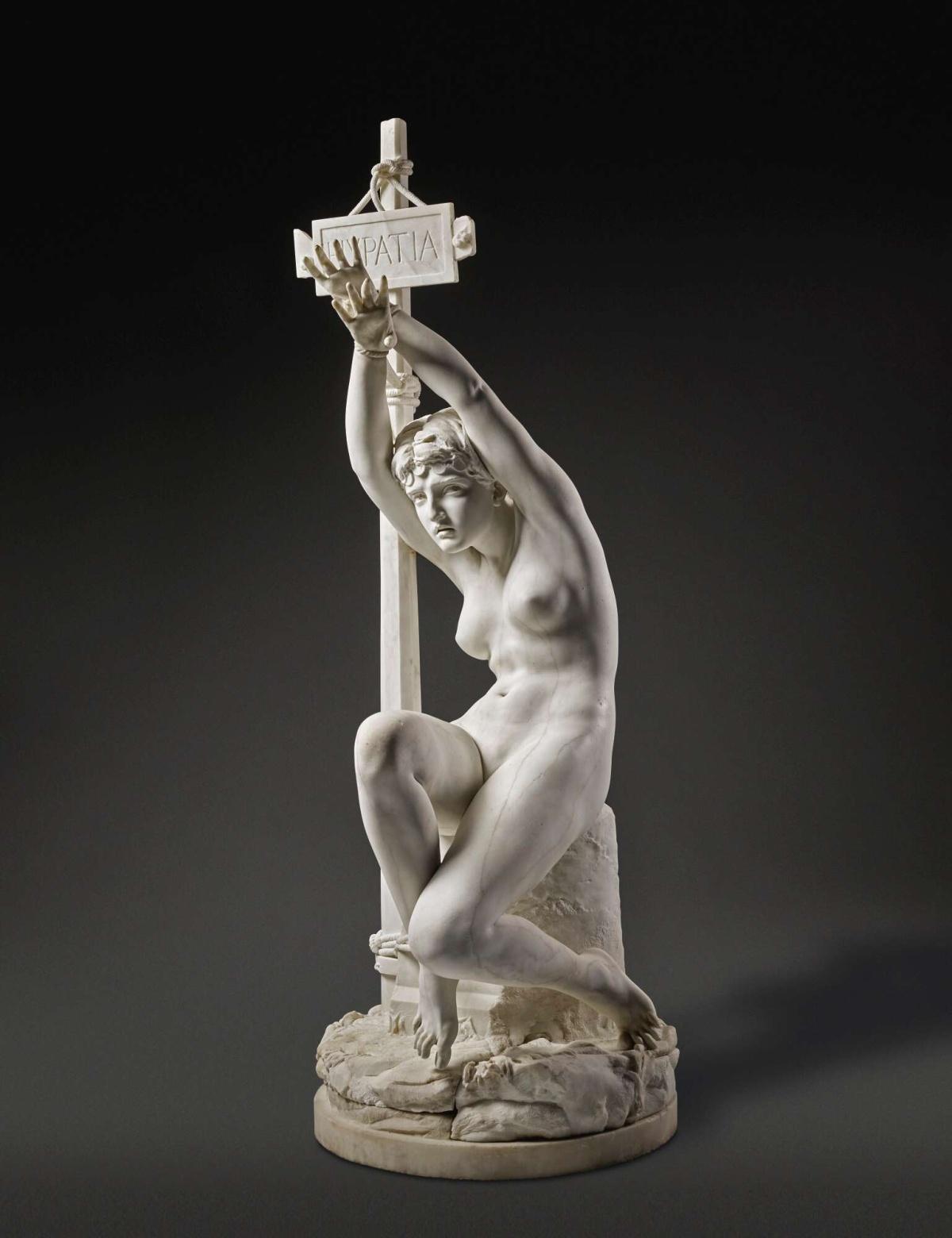In the waning days of the Roman Empire, when the old gods were giving way to new religions and philosophy teetered on the edge of theological dogma, a woman named Hypatia stood as a symbol of intellectual resilience. Born in the 4th century CE in the Egyptian city of Alexandria—a city famed for its great library and vibrant confluence of cultures—Hypatia was a mathematician, astronomer, and philosopher. Unusually for her time, she was not only well-educated but revered as a public teacher, attracting students from all over the Mediterranean. Her life and tragic death mark both the heights of classical learning and the fragility of reason in the face of zealotry.
Hypatia was the daughter of Theon, a mathematician and philosopher who was associated with the Library of Alexandria. Under his tutelage, Hypatia surpassed her father's learning, eventually becoming head of the Neoplatonist school in Alexandria. There, she lectured on Plato, Aristotle, and Ptolemy, and edited and commented on their works. She was also credited with developing astronomical devices such as the astrolabe and hydrometer, though much of her own writing has been lost to history. What remains is the testimony of others: students and historians who described her brilliance, poise, and intellectual rigor.
In a deeply patriarchal world, Hypatia’s authority as a philosopher and her visibility as a woman made her both exceptional and controversial. She taught men and women alike, often in public settings, and her reputation extended beyond Alexandria. Socrates Scholasticus, a Christian historian, praised her wisdom and virtue, noting that she "surpassed all the philosophers of her time." But her influence also placed her at the dangerous intersection of academic freedom, political unrest, and religious transformation.
By the early 5th century, Alexandria had become a volatile mix of Roman, Christian, Jewish, and pagan factions. The Christian Church was rising in power under figures like Cyril, Bishop of Alexandria, whose increasing influence threatened the secular and philosophical traditions Hypatia represented. Although she was not known to be anti-Christian—many of her students were Christian themselves—Hypatia’s alignment with the pagan intellectual elite and her friendship with Orestes, the Roman governor and rival of Cyril, made her a target.
In 415 CE, Hypatia was brutally murdered by a Christian mob—reportedly monks incited by political and religious fervor. She was dragged from her chariot, stripped, and flayed with tiles before her body was burned. Her death was not just a personal tragedy but a symbolic event: a stark representation of the growing hostility toward classical philosophy and scientific inquiry in the early Christian era. It marked, for many historians, the beginning of the so-called “Dark Ages,” when much ancient knowledge would be forgotten or suppressed for centuries.
Despite the brutality of her end, Hypatia’s legacy has endured. She became a martyr not only for philosophy but for the ideal of reason itself. Enlightenment thinkers resurrected her story as a cautionary tale of the dangers of dogma and the suppression of free thought. In modern times, she is celebrated as a proto-feminist icon—a woman who defied gender norms to pursue truth, reason, and scientific understanding.
Her life has inspired novels, operas, and films, including the 2009 movie Agora, which portrays her as a tragic hero in the age of intolerance. Yet beyond the mythologizing lies a deeper truth: Hypatia's story is a reminder that intellectual freedom must be defended, especially when it is most inconvenient to do so. Her courage to teach and to think, even in perilous times, challenges us to consider what we are willing to risk for the pursuit of knowledge.
In the end, Hypatia of Alexandria was more than a philosopher or mathematician—she was a guardian of a dying intellectual tradition. Her story, though shrouded in the uncertainties of antiquity, continues to resonate today as both a celebration of reason and a warning about its fragility. In remembering Hypatia, we remember the power—and the cost—of standing against ignorance.

